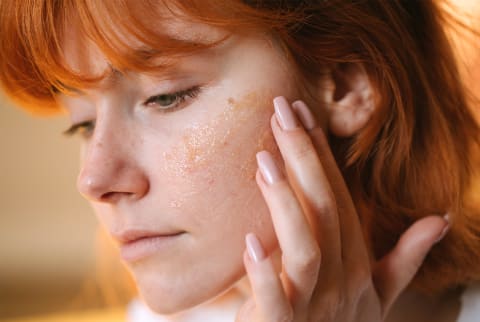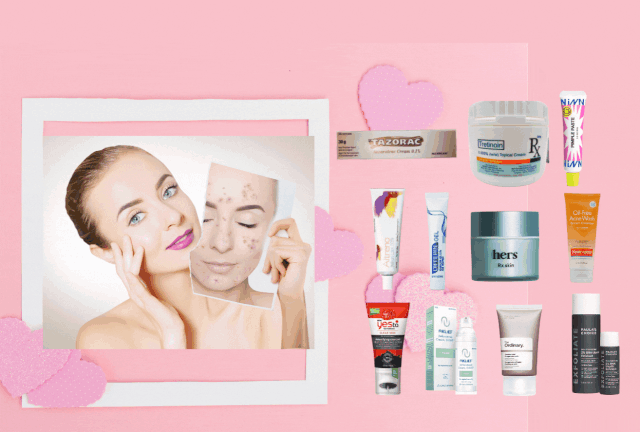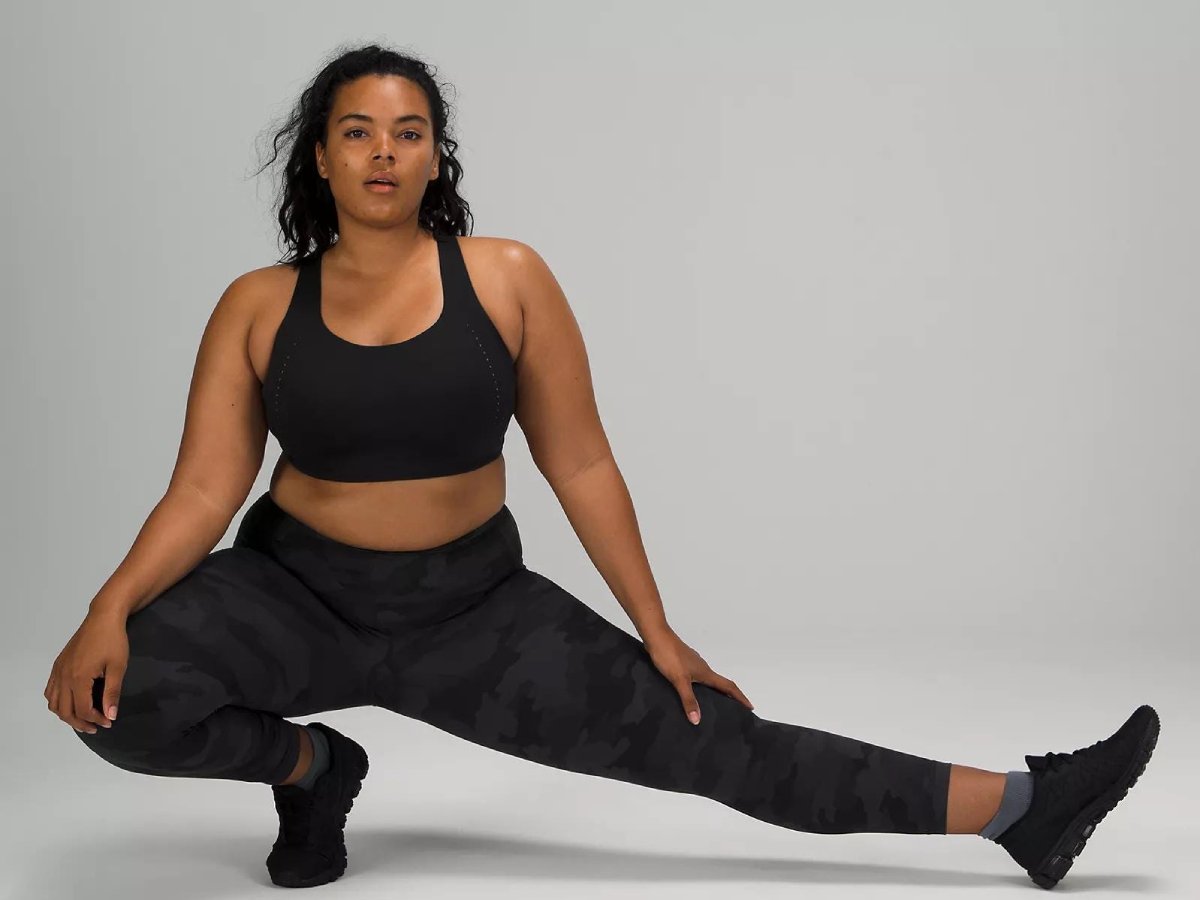If You Mix Any Of These 3 Ingredients With Retinol, Your Skin Will Suffer
Does retinol play nice with vitamin C?


mbg Assistant Beauty Editor
mbg Assistant Beauty Editor
Hannah Frye is the Assistant Beauty Editor at mindbodygreen. She has a B.S. in journalism and a minor in women’s, gender, and queer studies from California Polytechnic State University, San Luis Obispo. Hannah has written across lifestyle sections including health, wellness, sustainability, personal development, and more.
Image by Ani Dimi / Stocksy April 22, 2023 Whether you’re looking to smooth texture, clear acne, ease fine lines, or brighten dark spots, retinol can help. Not every person should use the same retinol formula, however: Some skin types can tolerate high-potency products, while others should opt for gentler ones. But no matter which retinol you swear by, you should know one thing: Retinol doesn’t play nice with every skin care ingredient out there. Here, we'll highlight a few you should never mix with this active, plus others that make a perfect match. 
Advertisement
This ad is displayed using third party content and we do not control its accessibility features.
3 ingredients you shouldn’t mix with retinol
When you mix incompatible ingredients, you run the risk of skin irritation. This could manifest as redness, sensitivity, and even skin barrier damage. To avoid all of that, skip the following ingredients on evenings you use retinol:
Advertisement
This ad is displayed using third party content and we do not control its accessibility features.
5 ingredients you should mix with retinol
One unfavorable side effect of using retinol is the potential for irritation. To ensure your skin reaps all of the benefits of retinol and stays calm and even, find a serum or moisturizer with a few of the following ingredients:
Advertisement
This ad is displayed using third party content and we do not control its accessibility features.
The takeaway
Retinol is a powerful ingredient, but it should be used with caution. On the evenings you use retinol, pack your routine with hydrators like hyaluronic acid, ceramides, and shea butter. Keep chemical exfoliants and vitamin C for other spots in your routine to prevent irritation. Not sure how to space out your retinol use? Consider the skin cycling method—here’s everything you need to know.
Advertisement
This ad is displayed using third party content and we do not control its accessibility features.

 UsenB
UsenB 






























